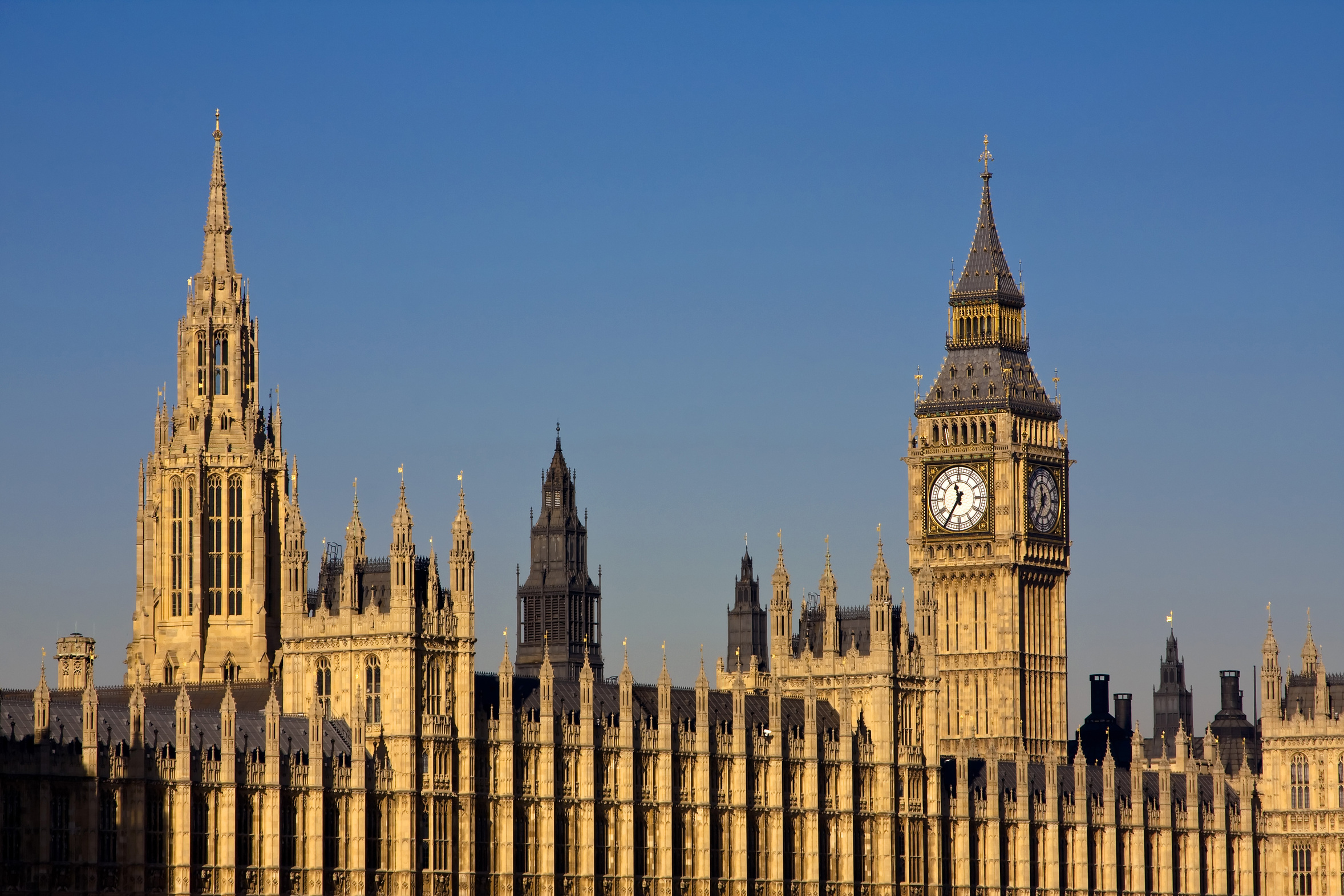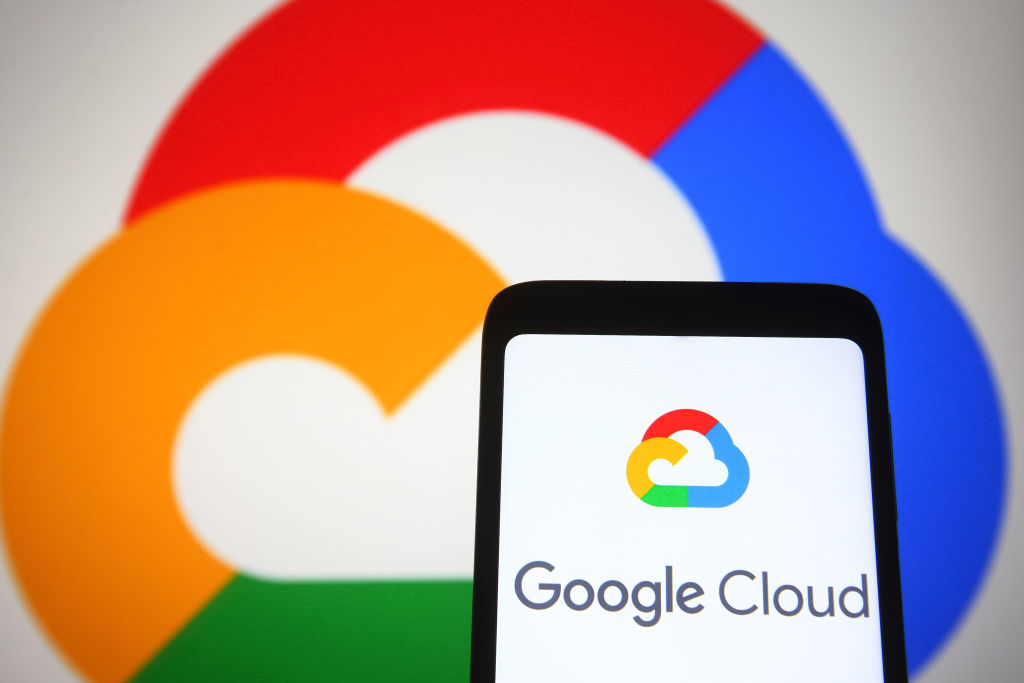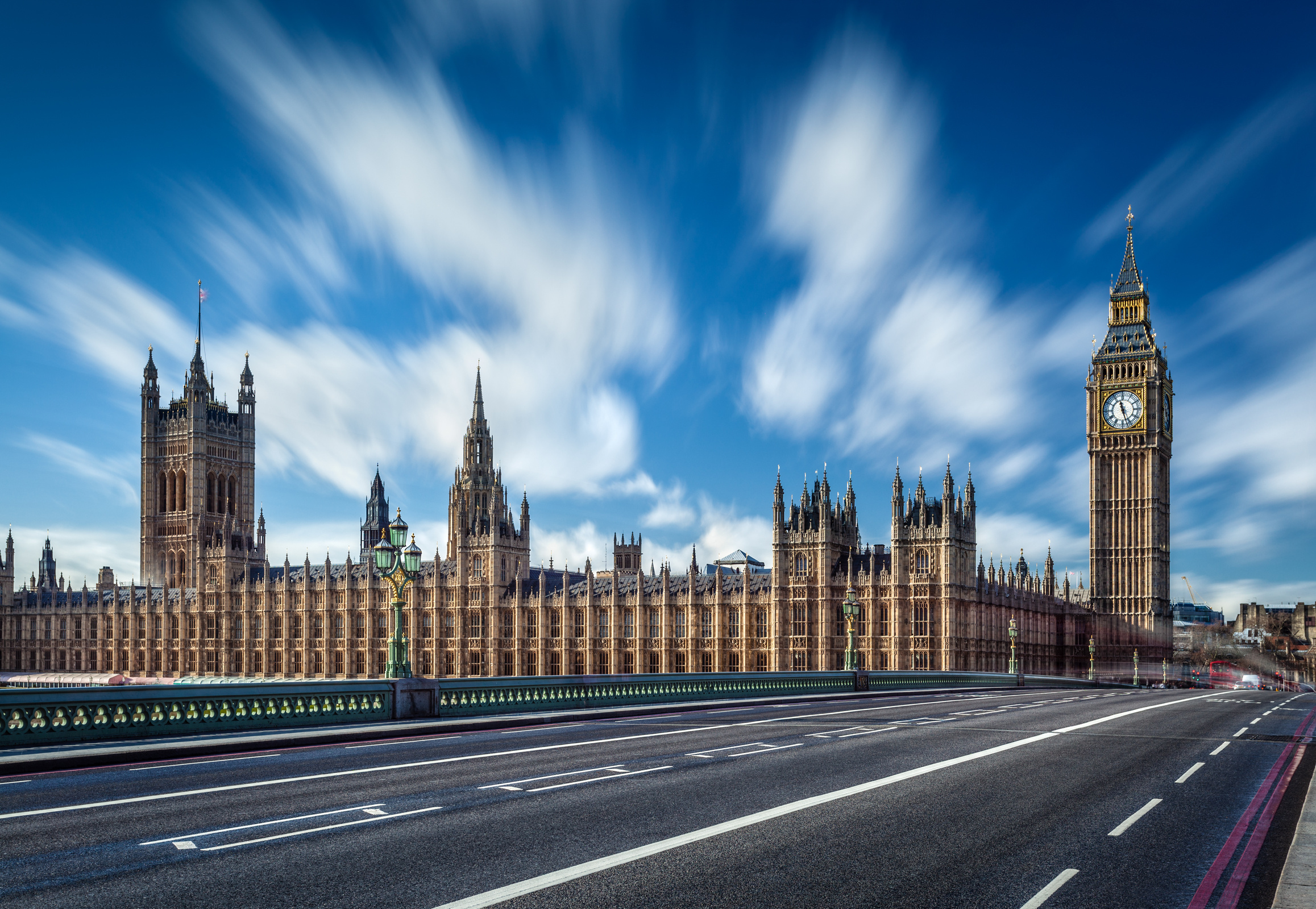Government to create own private cloud, app store
A leaked report suggests public services will be delivered via a 'G-Cloud' within in the next few years, as the government looks to slash costs.


The government is looking to heavily centralise its IT services, rolling out a private cloud and app store, according to a leaked draft document from the Cabinet Office.
The leaked report showed the government has "substantial" plans to centralise and rework its IT over the next five years and longer.
The report describes a common infrastructure, with different organisations tapping into shared data centres, network, and even a private cloud.
It will create a single public sector network for voice and data, saving 500 million by 2014, as well as rationalise data centres from the "many hundreds" to 10 or 12 saving 75 per cent in power and cooling and cutting costs by 300 million a year by 2020.
On top of this, the government will continue its shared services drive, cutting another 4 billion.
G-Cloud
The government is also looking to the cloud. It plans to create a "G-Cloud" for all public sector groups to use, to access pay as you go services and make it easier to switch providers. It believes this will save 3.2 billion.
Get the ITPro daily newsletter
Sign up today and you will receive a free copy of our Future Focus 2025 report - the leading guidance on AI, cybersecurity and other IT challenges as per 700+ senior executives
The report admitted there were still concerns around the cloud, and said these would be "mitigated" by creating a private cloud, rather than an external one.
"Establishing the G-Cloud will involve a major change in the way that ICT is procured and supplied which will require significant change both in ICT suppliers and public sector organisations," the report said. "Cloud commercial and business models are in their infancy and we will need to support the industry in developing the business case for investing in this new model."
A prototype is expected in early 2010, with it going live by the end of next year.
App store
Alongside this, the government is following Apple's lead and creating it's own app store. The Government Application Store will let different bodies share and reuse software, so fewer bespoke apps need to be created. It will "enable a substantial reduction in the 10,000+ of unique applications and applications contracts that are currently used by public sector organisations" - and help save 500 million by 2020.
"The scope for savings by 2020 runs here into many hundreds of millions of pounds given that it is not uncommon for large government organisations each to have between 300 and 1,000 applications in its portfolio; the opportunity is to reduce this to the order of 1,000 business services for the entire public sector," the report said.
A pilot is expected in the first half of 2010.
Desktops get cloudy
The report also calls to create a common standard for desktops, with 80 per cent centrally procured. This should cut costs by 400 million.
The cloud comes in here, as well, so public sector workers can expect cloud-delivered, virtualised desktops. "We envisage that the desktop design will evolve to converge with the cloud strategy between 2012 and 2015," the report said.
It's not just about jumping on the buzzword bandwagon, as the report advises backing all this up with properly thought-out architecture and standards.
"Through setting the right standards we ensure that each element of the strategy can interoperate with each other, and through defining a consistent architecture we ensure that the strategy is defined in a way that can be reused and deployed across the whole of the public sector," it said.
It's also looking to open source to keep costs down and flexibility up. Noting that "proprietary code and cannot easily be reused across the public sector reducing value for money, flexibility and agility", the report said open source software will be featured in the app store and will look to avoid becoming "locked into proprietary software" during procurement.
Security woes
Noting that the government doesn't have the best track record with security, the report highlighted the need to build information assurance into every aspect of the new infrastructure.
"Good progress has been made through improvements in the handling of personal data in the last year, but in the next decade this progress must be consolidated and embedded into the way government delivers services through ICT," it said.
The Cabinet Office stressed the report was still in draft stages and would be released in finished form soon.
Conservatives
The Conservative Party, which leaked the document, said the report lacked ambition.
"We think there's a better way. Not only is it possible to develop a more ambitious, cost-effective and transformative vision for government IT, but we believe that it's also possible to pursue a completely different approach to making policy," it said on its website.
"Rather than the traditional closed approach to policy making that this report typifies, we want to throw open the process and allow people to contribute their ideas on how policy should be designed," it added. "In the post-bureaucratic age, we believe that crowdsourcing and collaborative design can help us to make better policies and we think this approach should begin now."
Freelance journalist Nicole Kobie first started writing for ITPro in 2007, with bylines in New Scientist, Wired, PC Pro and many more.
Nicole the author of a book about the history of technology, The Long History of the Future.
-
 Bigger salaries, more burnout: Is the CISO role in crisis?
Bigger salaries, more burnout: Is the CISO role in crisis?In-depth CISOs are more stressed than ever before – but why is this and what can be done?
By Kate O'Flaherty Published
-
 Cheap cyber crime kits can be bought on the dark web for less than $25
Cheap cyber crime kits can be bought on the dark web for less than $25News Research from NordVPN shows phishing kits are now widely available on the dark web and via messaging apps like Telegram, and are often selling for less than $25.
By Emma Woollacott Published
-
 Google Cloud wins tender with Israeli judiciary
Google Cloud wins tender with Israeli judiciaryNews After winning the Project Nimbus tender with the Israeli government last year, the Rabbinical Court will also use the tech giant’s cloud platform
By Zach Marzouk Published
-
 Copyright law overhaul to make ripping CDs legal for private use
Copyright law overhaul to make ripping CDs legal for private useNews However, Government quick to remind users they must own the content to avoid falling foul of copyright law.
By Caroline Donnelly Published
-
 Government encourages 'cloud-first' strategy against backdrop of G-cloud iii launch
Government encourages 'cloud-first' strategy against backdrop of G-cloud iii launchNews Cloud should be first port of call from now on, according to Cabinet Office.
By Jane McCallion Published
-
 Why 2013 won't be the year of the cloud
Why 2013 won't be the year of the cloudIn-depth Last year saw cloud make its way into the enterprise, but talk of a year of the cloud may be misguided, argues Maxwell Cooter.
By Max Cooter Published
-
 Government reveals Cloudstore 2.0 facelift
Government reveals Cloudstore 2.0 faceliftNews Government launches new version of its Cloudstore, allows public organisations to make direct purchases.
By Rene Millman Published
-
 Government CloudStore open for business
Government CloudStore open for businessNews The Government's CloudStore is now open for business, a move that will shake up public IT.
By Max Cooter Published
-
 Cloudy Government store to offer 1,700 services
Cloudy Government store to offer 1,700 servicesNews Despite early predictions of just 50, the director of the G-cloud reveals the number of services has rocketed since the tender.
By Jennifer Scott Published
-
 Local Government: We don't care about G-Cloud... yet
Local Government: We don't care about G-Cloud... yetNews G-Cloud isn't too popular amongst local authorities right now, but the project's momentum could galvanise excitement later this year.
By Tom Brewster Published